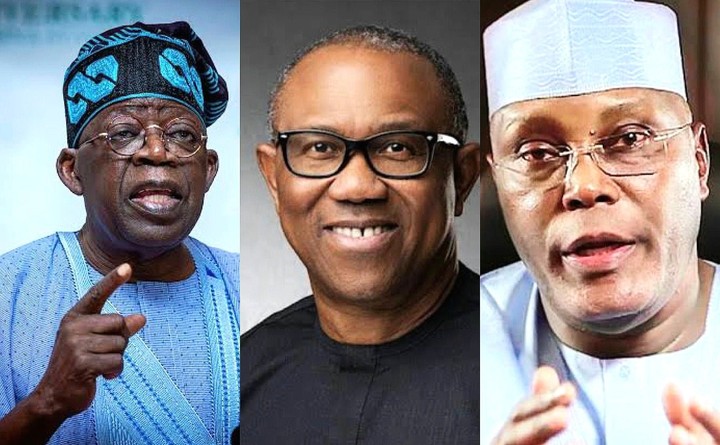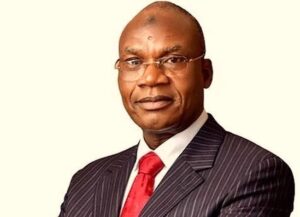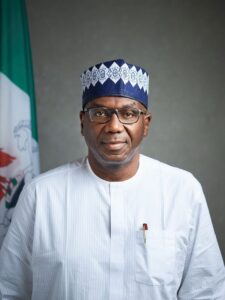
Obi Failed To Specify How He Scored Majority Of Votes – Tribunal
Presidential Election Petitions Court Dismisses LP’s Allegations of Vote Suppression
In a highly anticipated ruling, the Presidential Election Petitions Court dealt a major blow to the Labour Party (LP) and its presidential candidate, Peter Obi, by holding that they failed to provide specific evidence demonstrating how they secured the majority of lawful votes in the February 25 presidential election.
Justice Abba Bello Mohammed, delivering the lead judgment, emphasized that LP’s claims centered around generic allegations of irregularities, vote suppression, and corrupt practices, without pinpointing the polling units affected. This crucial omission seriously undermined the party’s case, leaving the court with no choice but to dismiss their claims.
The LP had particularly highlighted alleged instances of wrongdoing in states such as Rivers, Benue, Lagos, Taraba, Imo, and Osun. However, without concrete evidence regarding the affected polling units, Justice Mohammed noted that LP’s allegations lacked the necessary specificity and failed to establish a convincing argument.
Furthermore, the court rejected LP’s claims of overvoting against the All Progressives Congress (APC), asserting that the party had failed to substantiate these allegations with concrete proof of their actual reduced votes.
The ruling has elicited mixed reactions from various quarters, with supporters of the APC celebrating the court’s decision as a resounding victory for electoral integrity. However, LP and Peter Obi’s supporters have expressed disappointment, questioning the court’s interpretation of evidence and its handling of the case.
As the news of this judgment reverberates throughout the nation, political analysts predict that it may have broader implications for future election petition cases. The decision highlights the significance of providing specific evidence and avoids making generic allegations, especially when challenging election results in court. Legal experts argue that the burden of proof lies with the petitioner, necessitating the presentation of concrete evidence to substantiate any claims.
Moving forward, this landmark ruling serves as a reminder that the judicial system plays a pivotal role in safeguarding the integrity of Nigeria’s democratic process. As the nation gears up for future elections, both political parties and the electorate must ensure that any grievances are presented with the necessary specificity and backed by compelling evidence to maintain public trust in the electoral system.
While the LP and Peter Obi may now be faced with this setback, their next steps remain uncertain. However, their supporters maintain hope that alternative avenues for redress may still be available as they navigate the complex world of legal challenges to election outcomes.
Ultimately, the court’s decision represents a significant development in the LP’s pursuit of justice and underlines the importance of due process and fairness in determining the outcomes of electoral disputes.





